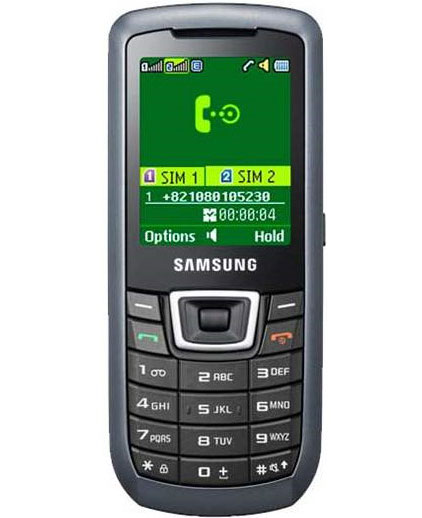This little piece in Engadget caught my attention yesterday - AT&T urging customers to upgrade to 3G, possibly killing off 2G. The main takeaway from the piece is that for several technical and financial reasons AT&T wants to migrate users of older technology, (phones, network protocols), to newer 3G or 4G communications networks. Rocking the 2G
Rocking the 2G
For the moment let's put aside the question, (that I personally think is pretty relevant), that AT&T and many other mobile providers do more to confuse their customers and the general public with all the references to 3G and 4G and LTE and HSPA+, than they do to educate and inform (and sell), about the real value proposition to the customer of upgrading. Does anyone really understand all the little acronyms and symbols and little indicators framing a mobile phone display? Save for 'How many bars?' But, I digress.
Why I really took notice of the Engadget piece was how it reinforces the costs, or as the writer expressed it, the 'tax' that is more and more frequently being levied on users of old technology, or in the form of a kind of opportunity cost, (and sometimes real cost), for those among us who for various reasons have decided against the adoption of new technology. Think about most examples of older technology that you still may possess and use - an old TV in the spare room or in your office, a coffee maker you have had for 10 years, maybe an old truck you keep around to use in the winter, (really common where I live). While these examples, (and many others), might offer fewer features and less capability than the latest LCD flat screen, or high-end espresso-cappuccino-single cup mega-machine, they still function, they still get the job done, and (at least for now), whomever sold them to you isn't turning up at your house to let you know you need to upgrade pretty soon or they won't work any more.
And beyond that, think about how many of us, (me included), sometimes feel about those late or never-adopters. While most of the rest of the world has moved to debit and credit cards, you get stuck behind the guy in the grocery check out line who is paying with a paper check. Or maybe you're waiting at the airport stuck in a queue because some passengers can't quite grasp the nuances of the mandatory check-in kiosks. Or possibly you're starting to get frustrated with a co-worker or business associate that has yet to upgrade off of their 2G phone so they can get mobile E-mail access, and thus be available to respond immediately to all of your 1:30AM on Saturday missives. We seethe at those people, smug in our technological superiority.
The one general law of technology is that it always advances. Faster, better, more amazing all the time. And the rate of that acceleration is only well, accelerating. Making it really easy to be left behind. Making the cost or tax or missed opportunities only larger.
Mostly, we are ok with that. We usually, eventually see the benefits of the new technologies as greater than the monetary, psychological, and emotional switching costs. We pay out for the flat screen, the iPhone, the GPS for the car, even if we don't really have to. We still have a choice, though.
But as the AT&T example shows, sometimes we don't have a choice, sometimes the technology drags us along regardless. And again, mostly we are ok with that too.
Until the day when 'Big Coffee' figures out a way to render all those old drip coffee makers useless.
Then we might see a revolt.